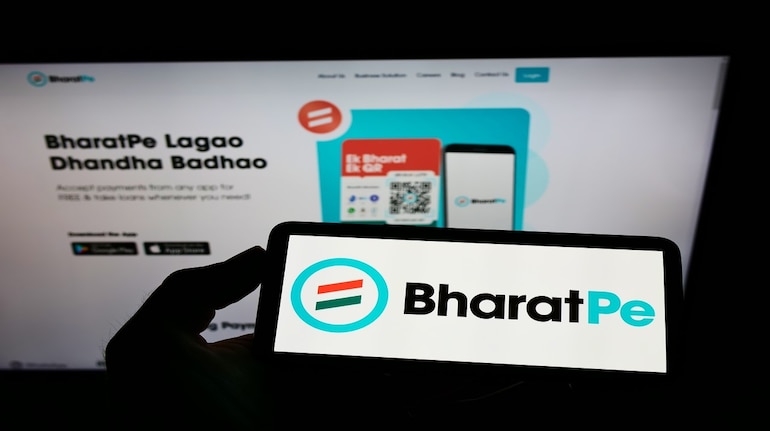



Indian start-ups have swiftly ascended to prominence in the global digital economy, due to unprecedented growth and innovation. Their success is, in large part, underpinned by the robustness of their corporate governance structures—frameworks built on the pillars of accountability, transparency, and ethical decision-making.
These principles are not merely desirable but indispensable; the ability of these companies to attract and sustain global investment is intrinsically tied to their reputation for integrity and sound management. Yet, despite the promising trajectory of Indian start-ups, their rise is not without its challenges. Legal disputes, governance failures, and ethical breaches can quickly tarnish the narrative of progress, revealing the complex landscape that both investors and entrepreneurs must navigate.
BharatPe saga’s reminiscent of test cricketThe legal battle between BharatPe and its co-founder Ashneer Grover has been a long drawn-out saga, akin to a five-day test match in cricket. Just as in cricket, where endurance, strategy, and resilience are tested, this high-profile corporate tussle demanded careful manoeuvring from all sides. Legal acumen and strategy successfully “bundled out” Grover, bringing the intense conflict to a close and reasserting its leadership in the competitive fintech landscape.
Trust is the foundation of ties between investors and startupsThe prolonged dispute, while painful and public, underscored some of the most crucial elements of start-up success—effective governance and trust in leadership. In an environment where new-age companies are fuelled by rapid growth and constant innovation, investor confidence hinges on the belief that founders will act in the best interest of their stakeholders. This trust is the foundation on which the relationship between investors and startups is built, and any breach of this trust can severely disrupt the company’s trajectory.
Swift ActionIn times of crisis, speed is of the essence. Much like Surya Kumar Yadav’s explosive cricket innings, BharatPe acted swiftly and strategically, delivering powerful strokes to address the issue from all angles. The company’s leadership didn’t allow the crisis to drag on indefinitely, which would have only compounded the damage. Instead, they took a 360-degree approach, confronting the problem head-on and engaging every available resource to resolve it.
This proactive stance, much like Yadav’s ability to find gaps and hit boundaries in a cricket match, was a key factor in ensuring BharatPe’s success. The company’s board and legal team worked in unison, identifying the core of the issue, tackling Grover’s misdemeanours, and initiating a comprehensive dispute resolution process. By doing so, they sent a strong message not only to their stakeholders but also to the broader start-up ecosystem.
Ending the TussleThe legal dispute between BharatPe and Grover could have easily turned into a protracted litigation, stretching on for years with no clear end in sight. Long, drawn-out disputes not only drain financial resources but also erode the company’s credibility and ability to attract investment. The Company’s leadership recognizing the importance of dispute resolution as the quickest and most effective way to end the matter.
Facing mounting legal pressure, Grover found himself with no viable option but to settle on terms dictated by the company. Alleged financial misdemeanours, coupled with the circumstances surrounding the case, left him in a position where disassociation from BharatPe became inevitable. The settlement not only resolved the legal issues but also ensured that Grover would relinquish his stake and sever all ties with the company. This outcome reinforced the principle that governance failures, when not corrected, can lead to severe personal and professional consequences.
BharatPe’s handling of the situation serves as a powerful case study on how effective governance and legal strategies can be used to resolve disputes quickly and decisively, without the need for lengthy courtroom battles.
The Takeaway:The BharatPe vs. Grover conflict, while difficult and protracted, has paved the way for a more resilient and focused approach within India’s burgeoning start-up ecosystem. Just as a test match is not won in a single session but over days of strategic play, start-ups must remain committed to building a strong foundation, even in the face of challenges.
The resolution of the dispute allowed the company to emerge stronger, showcasing that business as usual can continue, but in a different form—one that emphasizes governance, integrity, and accountability. This new-age start-up ecosystem is built on the principle that effective governance is not an afterthought but a fundamental requirement for long-term success.
(Gopal Jain is Senior Advocate, Supreme Court.) Views are personal and do not represent the stand of this organisation.
Discover the latest Business News, Sensex, and Nifty updates. Obtain Personal Finance insights, tax queries, and expert opinions on Moneycontrol or download the Moneycontrol App to stay updated!
Find the best of Al News in one place, specially curated for you every weekend.
Stay on top of the latest tech trends and biggest startup news.